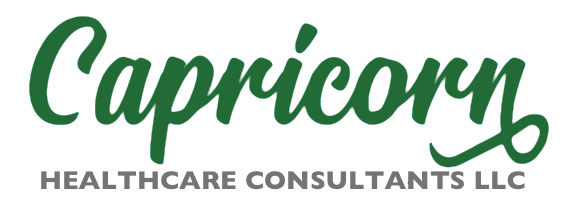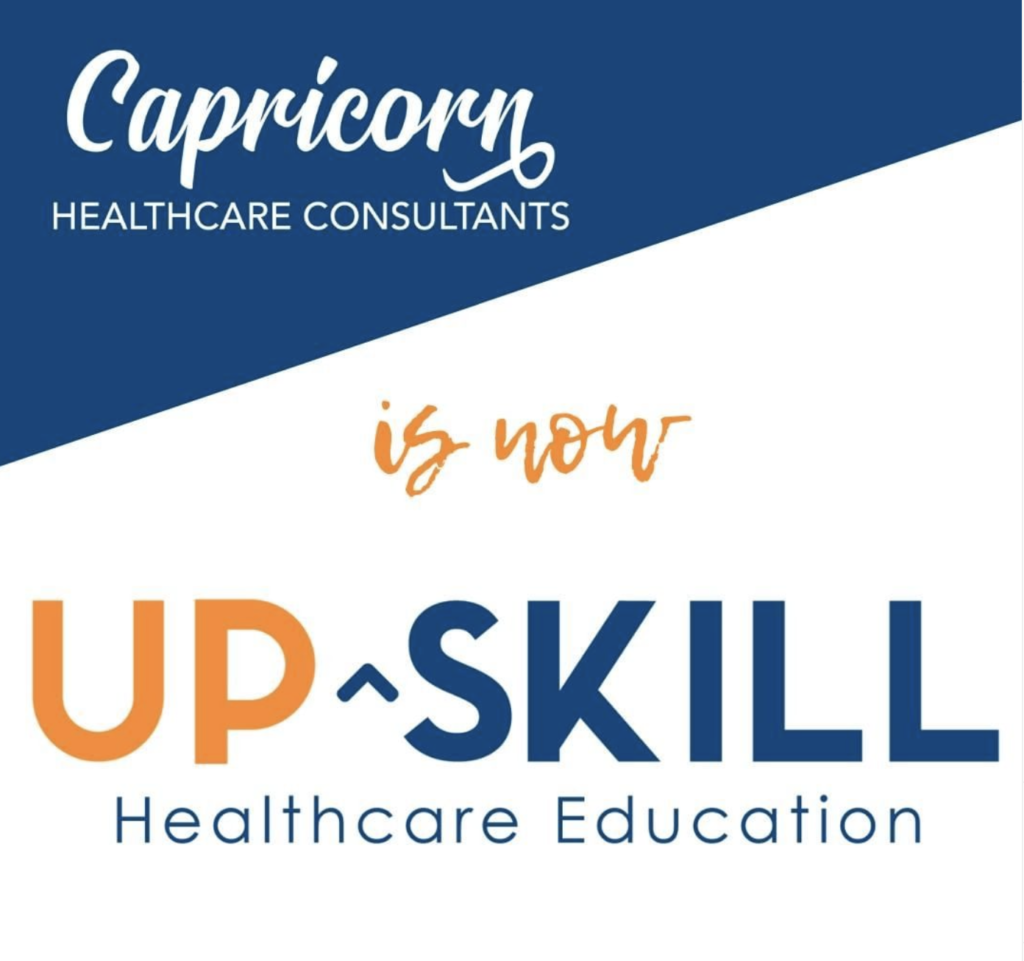Nursing Education
Capricorn aims to meet the needs of our regional nursing community by addressing topics of healthcare that others do not. We boldly dive into both clinical patient-care subjects as well as the “softer,” non-clinical topics. You won’t have a class in new hire orientation on self-compassion or gratitude in healthcare. No discussion at annual skills day on the benefits and drawbacks of being a perfectionist. The one-hour documentation lecture you may yawn through cannot prepare you for legal liabilities that surround something you do 33% of your shift.
Let Capricorn educate you and your staff on these important topics using best practices and current evidence. Sherry’s teaching style is known for engaging methods such as simulations, skills stations, case studies, self-reflection, practice/critique, and game-based learning. All topics are customizable and last 60-120 minutes (or more), as needed. Any of these can be delivered as a class or as a session in a conference or symposium.
- Professional Survival and Self-Care/Resilience – This class focuses on setting professional boundaries and caring for yourself in the work setting. Self-care and resiliency are also addressed.
- Self-Compassion (and Co-Worker Compassion) in Healthcare – Healthcare workers are known for their compassion towards others, but what about how we treat ourselves? This class, based on current research, explores self-compassion and applies it to the workplace.
- Professional and Personal Communication – Breakdowns in communication account for 70% of healthcare errors. This class discusses methods to improve our communication techniques by becoming aware of our style of interacting with others.
- Defensive Narrative Documentation – (3 to 6 hours) Documentation is an area of vulnerability from the standpoints of patient safety, legal matters, and complaints against your license. This course provides tips and case studies, as well as practice and feedback on how to document many common situations within healthcare settings (AMA, patient fall, downtime charting, error reporting, etc).
- Using Character Strengths in the Workplace – In this class, we take a quiz to learn our strongest character strengths. We then look at how to harness those strengths in our personal and professional lives. Can be adapted for leadership also – how to understand your staff’s strong suits and utilize them to the greatest potential in your unit or facility.
- Co-Dependency in Healthcare – Are people working in the helper professions drawn here to meet their codependent needs for self-esteem, belonging, acceptance, and control? Or maybe these wounded healers can harness their co-dependent nature and adverse life events for use in assisting others to find better coping strategies.
- Perfectionism in Healthcare – Healthcare workers are often type-A, overachieving perfectionists. Additionally, perceived expectations from regulatory agencies and our own leadership can intensify this pressure for error-free work. This class explores how the quest for perfectionism can be both harmful and helpful in healthcare. Three types of perfectionism are examined and personal ways to combat unhealthy perfectionism are also explored.
- Power of Gratitude in Healthcare – Research has proven that a simple, regular gratitude practice improves overall wellbeing. But an attitude of gratitude is especially important for warding off burnout in healthcare professionals. Explore the evidence surrounding gratitude and informal ways to weave appreciation into your personal and professional lives.
- Talking in Circles: Let’s Get Rid of the Power Hierarchy in Healthcare and Truly Function as a Balanced Team – This class investigates the concept of hierarchies within healthcare and their effect on patient safety. We discuss problems that may arise within a mixed group of healthcare professionals and the solutions available through improved communication and teamwork.
- Relationships Are Finally Being Recognized as an Important Aspect of Healthcare – While quality outcomes, cost containment, and patient experience are important, the healthcare industry is finally starting to acknowledge the importance of direct patient care staff and relationships: relationships with ourselves, with co-workers, with leaders, and with patients. This class dives into the relationships within healthcare and how they might be strengthened to address employee retention/recognition, workplace incivility, and patient safety.
- Self-Care and Professional Quality of Life Assessment – This course explores self-care and resiliency. We use a validated tool for assessing our own levels of Compassion Satisfaction, Compassion Fatigue, Burnout, Secondary Trauma, Vicarious Traumatization, and Transformation.
- Healthy Work Environment for Staff and Leaders – (1 – 2 hours) This class explores the six principles of a healthy work environment. Discussions examine local and research-based best practices to hold staff and leaders accountable for creating and maintaining a healthy work environment.
- Wake Up to the Importance of Sleep – This class looks at the biology and benefits of sleep for humans’ bodies and brains. We investigate research related to sleep and rest as part of healing for our patients, chronic sleep deprivation, healthcare workers’ vulnerabilities regarding sleep, and tips to improve one’s sleep health.
- What Does Self-Care Look Like for “Tough Guys”? – How do we ensure that the world’s toughest people, the ones that run towards danger to selflessly rescue strangers, are practicing self-care? We will look at why we must make time for ourselves, set boundaries, and decompress from the acute and chronic challenges of our noble careers.
- Trauma-Sensitive Yoga / Stretching – Trauma-Sensitive Yoga is a gentle and mindful stretching class which incorporates trauma-informed principles. This class is safe for people suffering from grief, post-traumatic stress injuries, and acute or chronic complex mental health matters.
- Forgiveness – Forgiveness is often associated with blame, who was right and who was wrong, superiority, and acceptance of another’s wrongdoing or mistreatment. This class explores forgiveness as an internal process of progress and the physiological and psychological benefits for the forgiver.
- Mindful Communication – In this fast-paced healthcare setting that should be patient-centered, how do we stay connected and attentive with our patients? This class explores mindful communication, an active process in which both the health care professional and the patient and loved ones are truly present in the conversation.
- Aligning Values with Action – This class challenges us to decipher our core values. Then we examine our company’s mission and values to see how closely they support each other. Lastly, we look at the participants’ past and present personal situations to explore whether our choices are aligned with our values.
- Mock Code and Simulation Practice – Simulated rapid response and code blue scenarios can be created for any clinical area. We merge your clinical patient care expertise with our creativity, skill, and capability for creating interactive, real-to-life learning exercises and debrief discussions. These sessions aim to improve clinical skill, multidisciplinary teamwork, and communication during stressful and time-sensitive emergencies.
- Hands-On Skills Stations – Need to update or refresh staff on working with certain equipment? Our broad range of content experts can help meet your needs of ensuring your staff are following your facility’s procedures and learning current evidence-based practices.
- Annual Skills and Competency Sign-Offs – Our team is familiar with performing needs assessments and creating skills fairs that are meaningful and interactive, delivering refreshers and new information, founded on evidence-based practice.
- ACLS, PALS, Trauma Courses – Contact us for information about how we can bring these American Heart Association and Emergency Nursing Association courses to your setting.

Have something in mind that isn't in our menu? We can help with that too. Just reach out for a conversation about your ideas and needs.
You can find more Nursing Education photos on our Gallery page to get a better feel for our programs.

